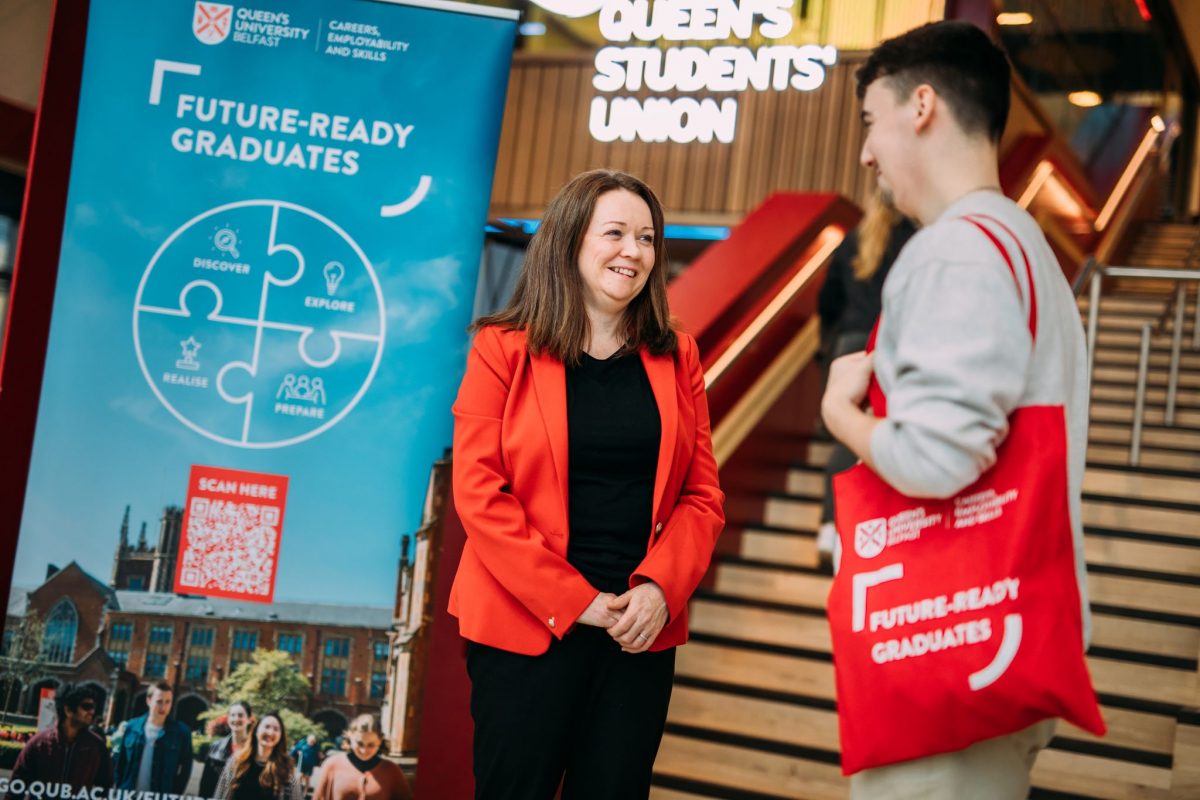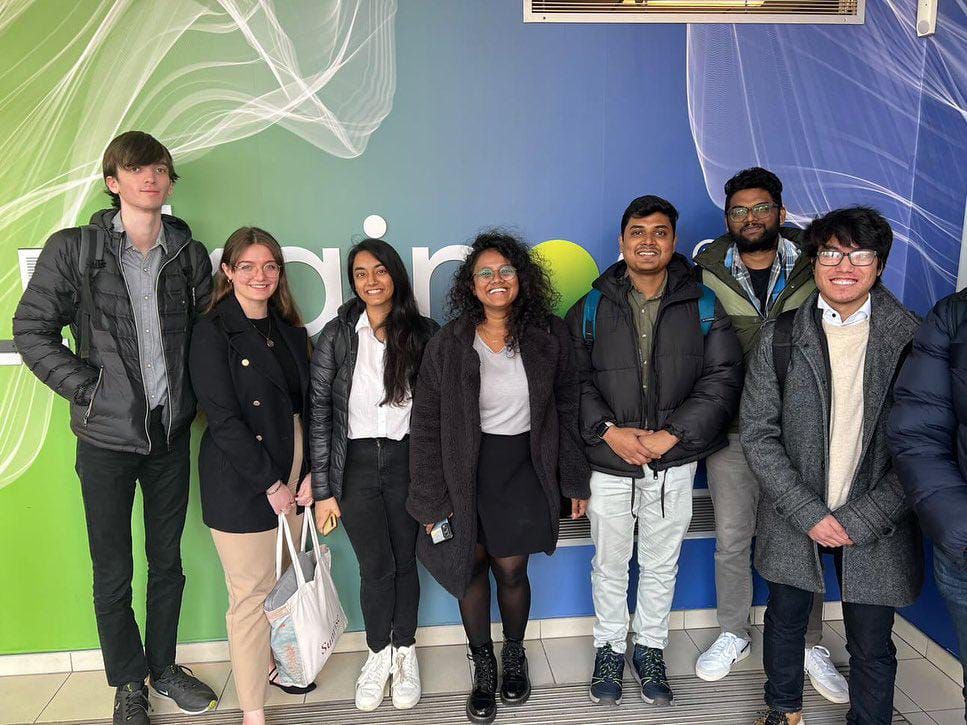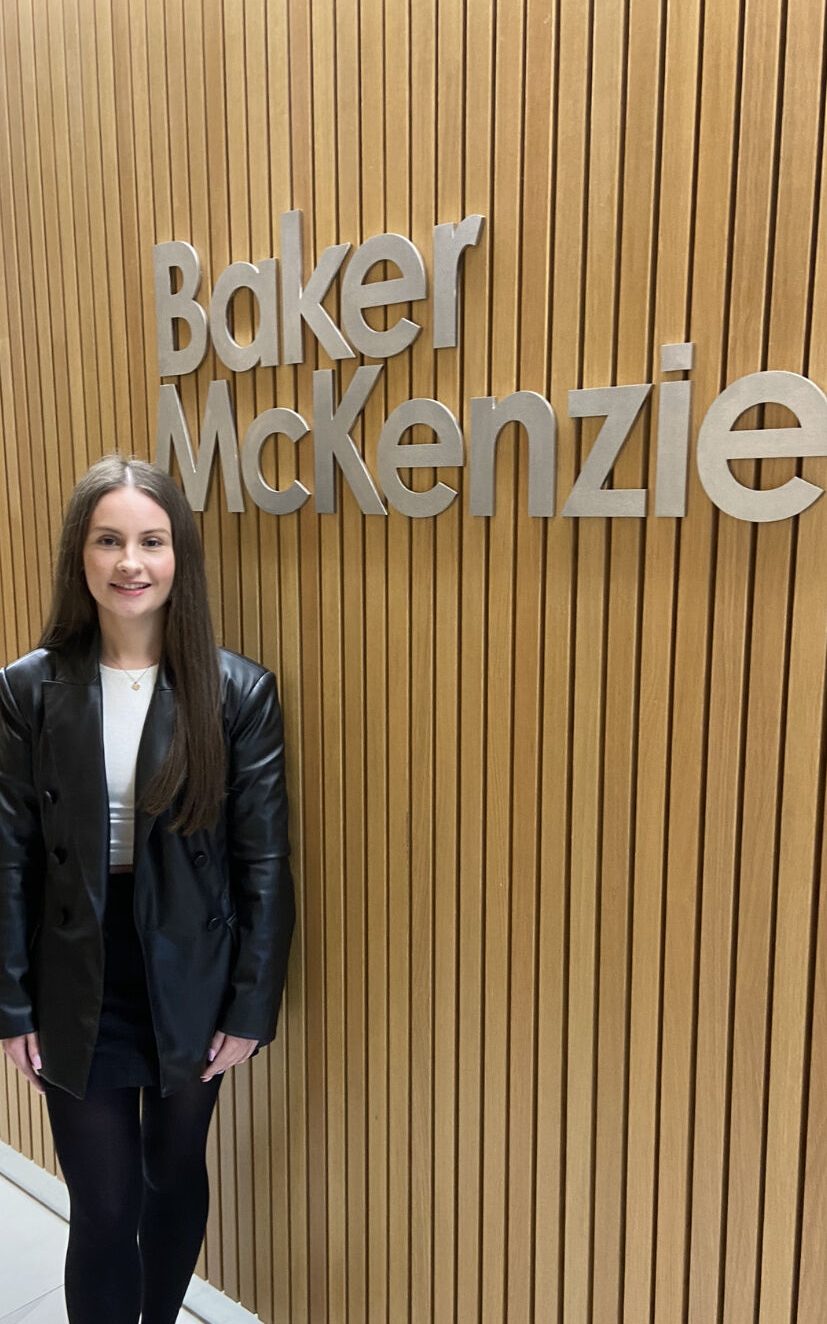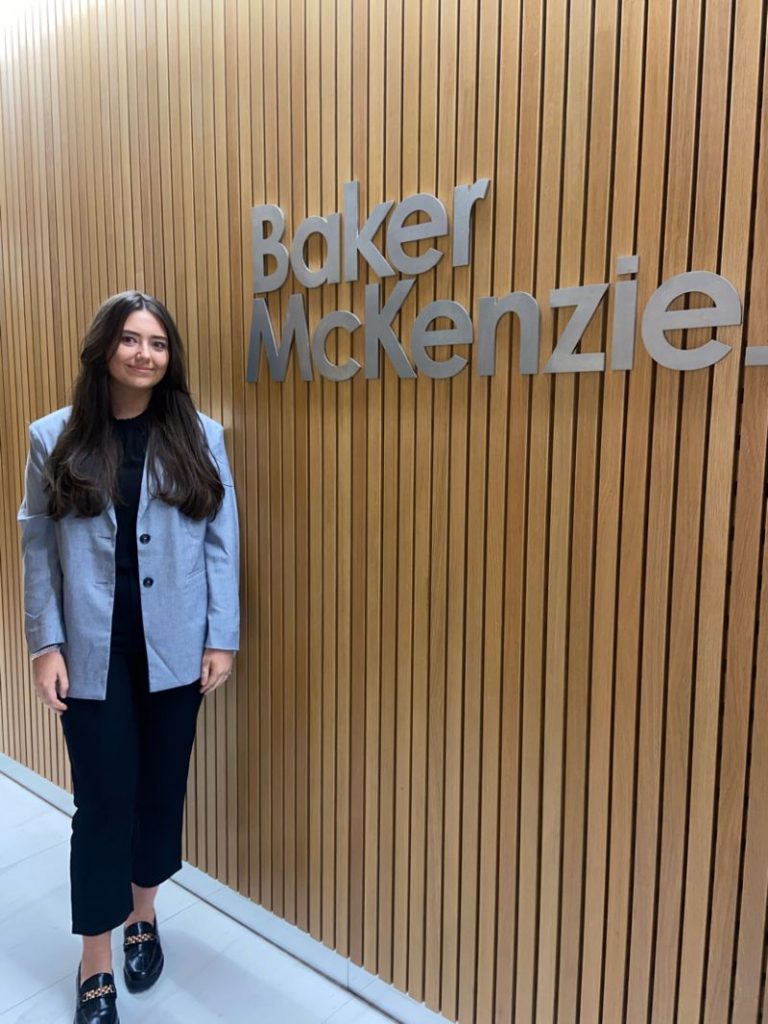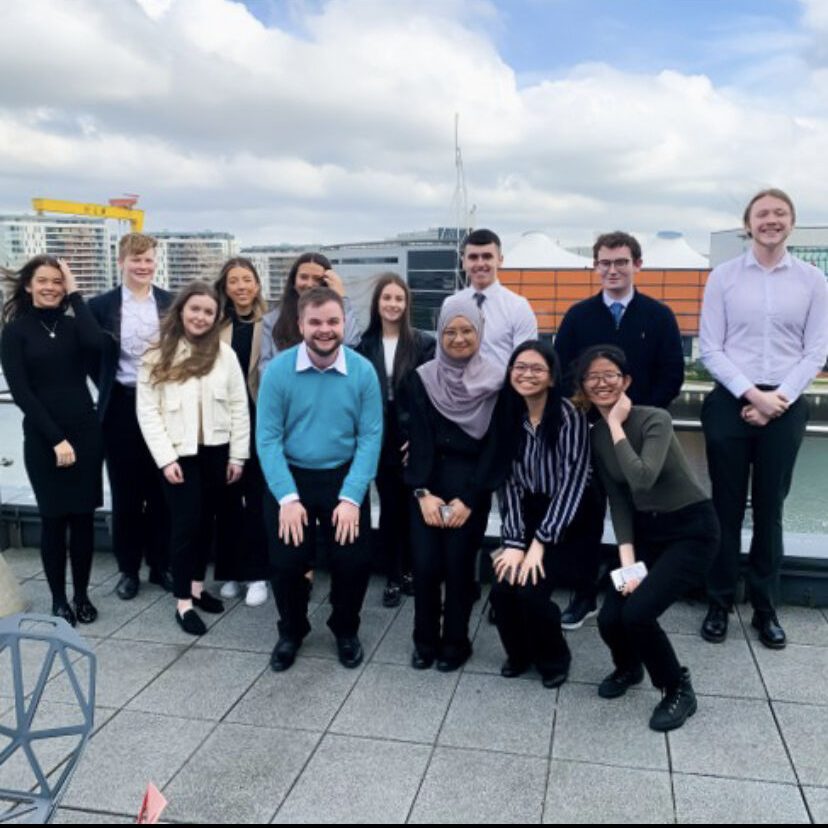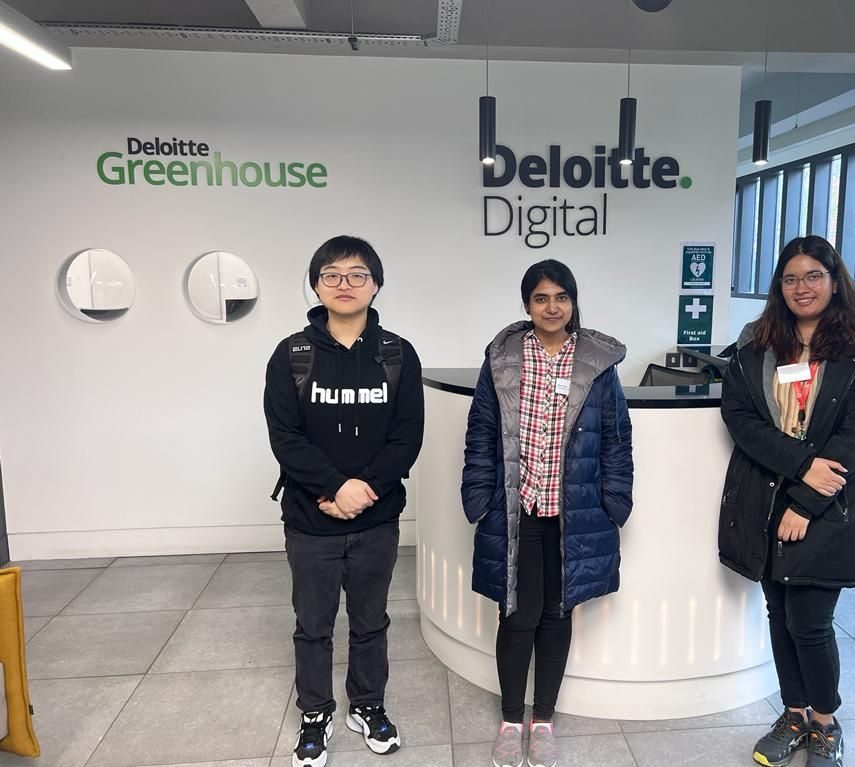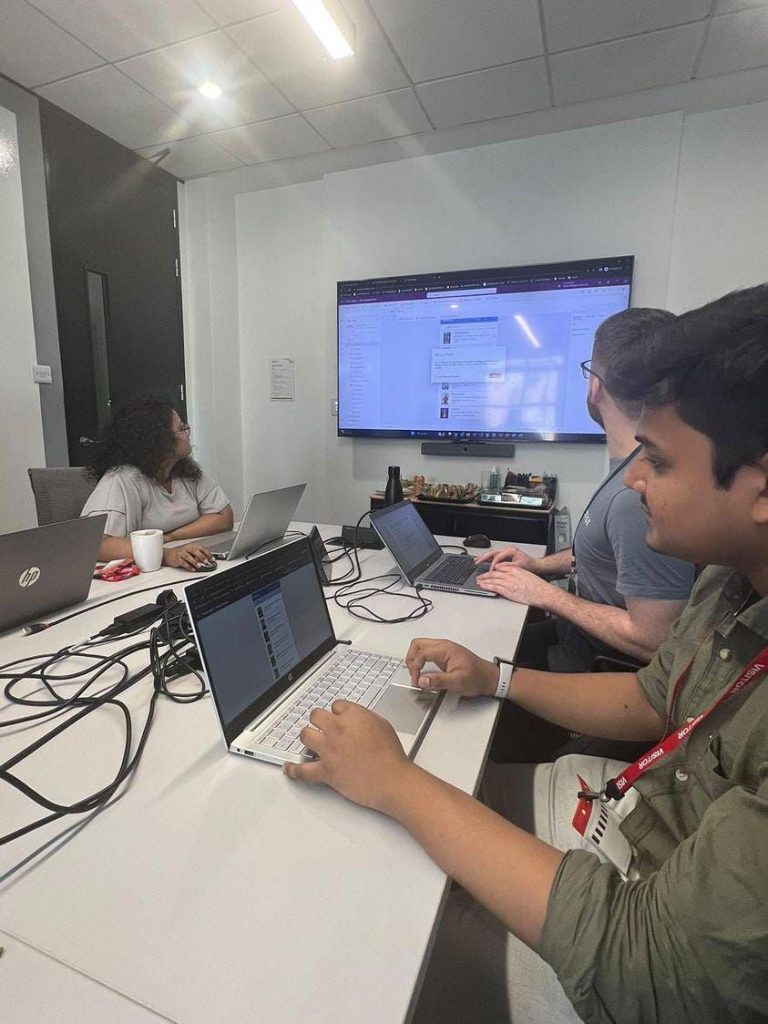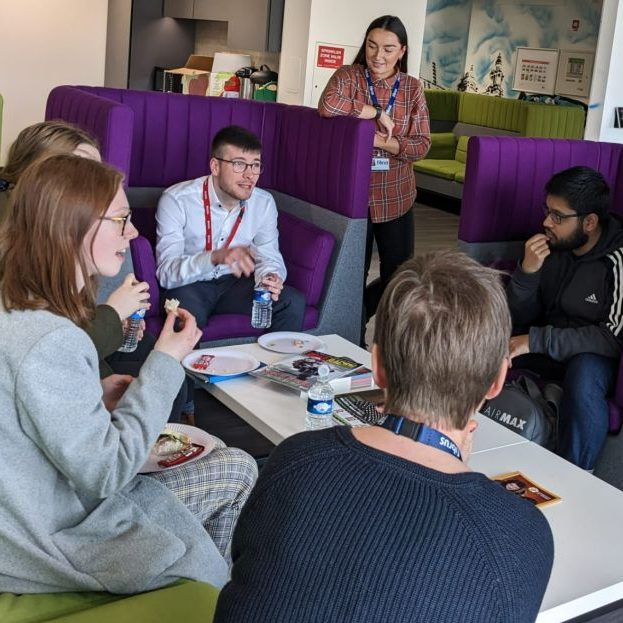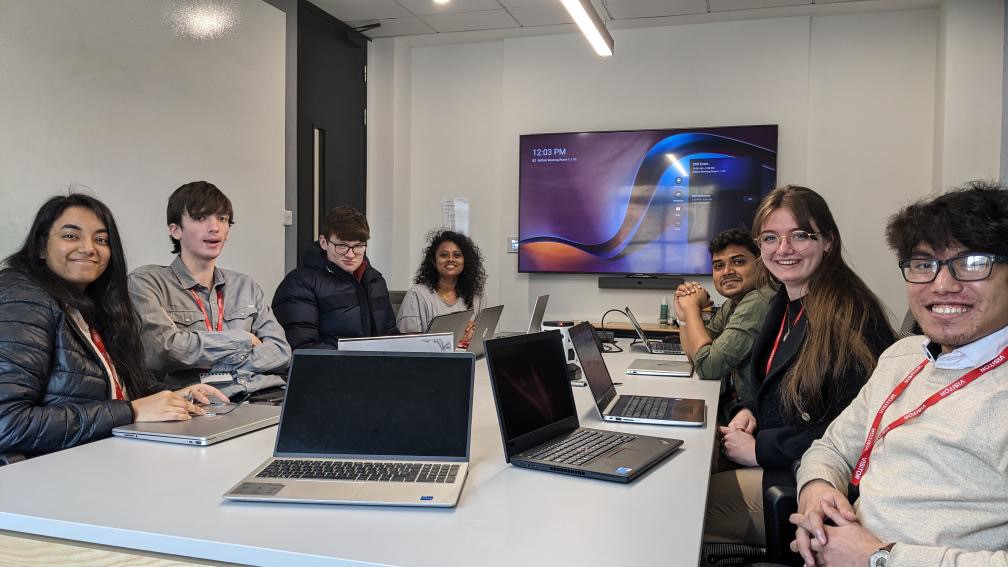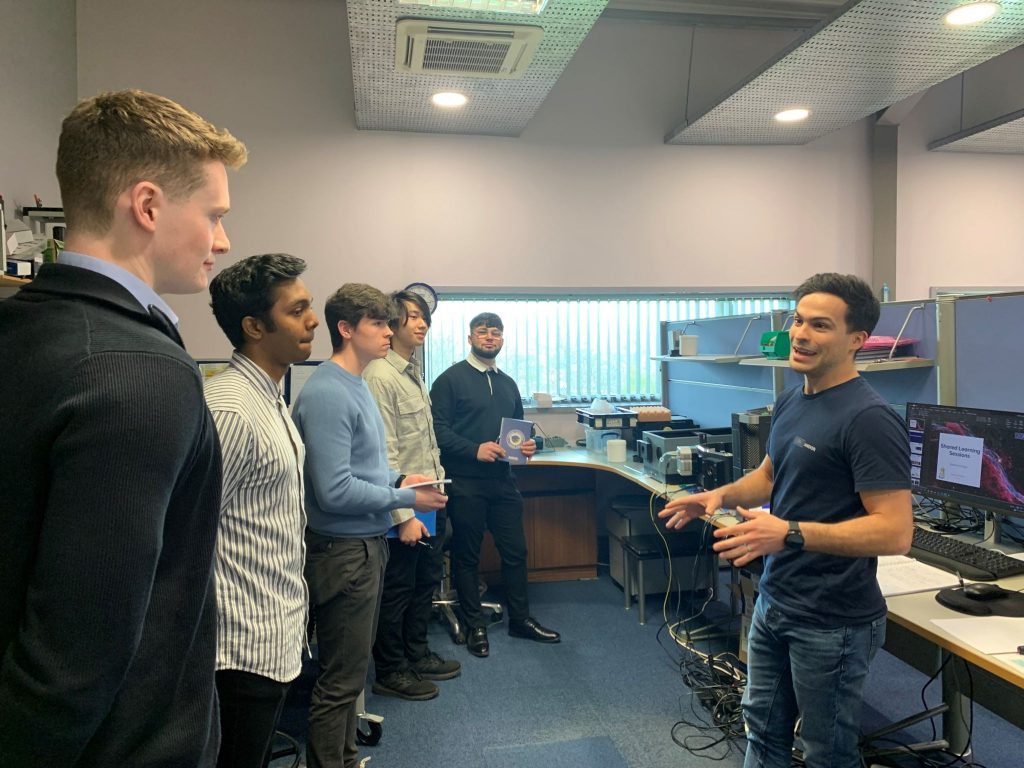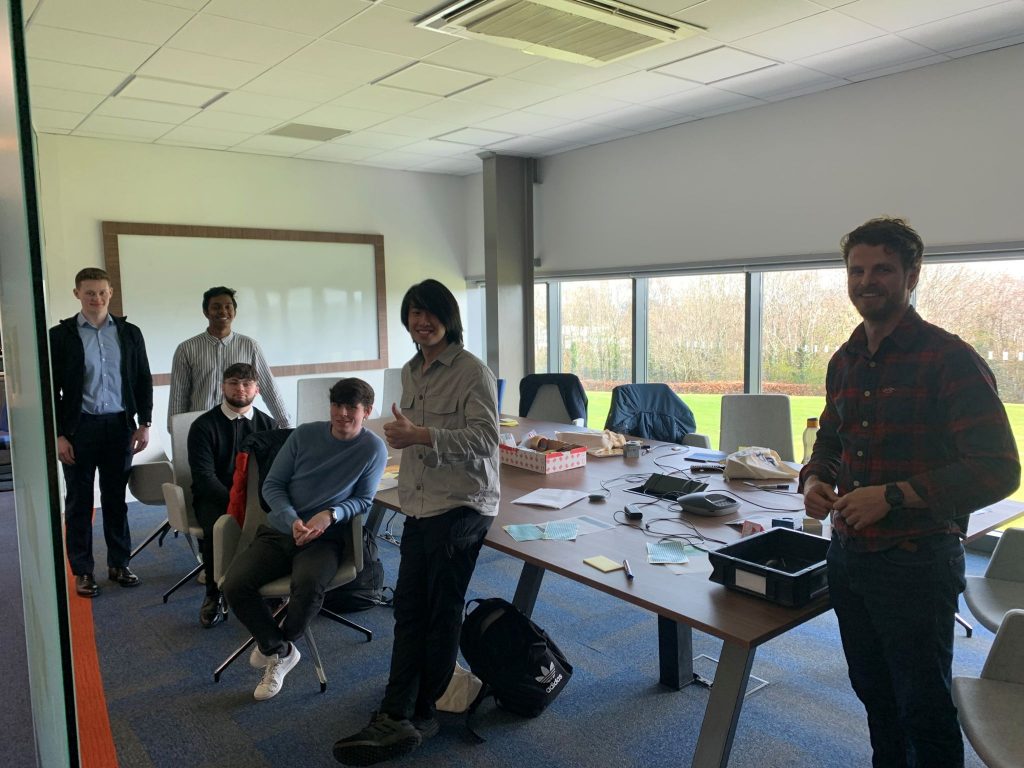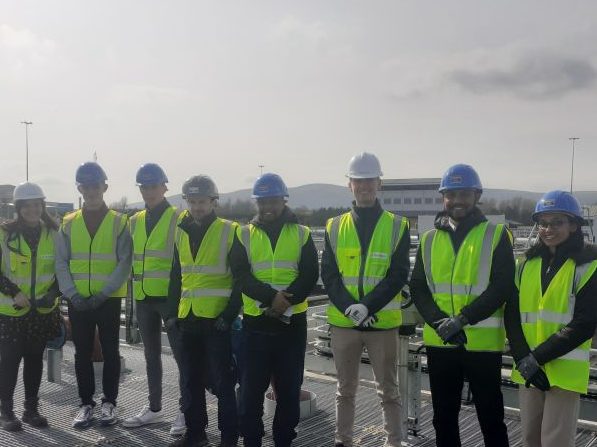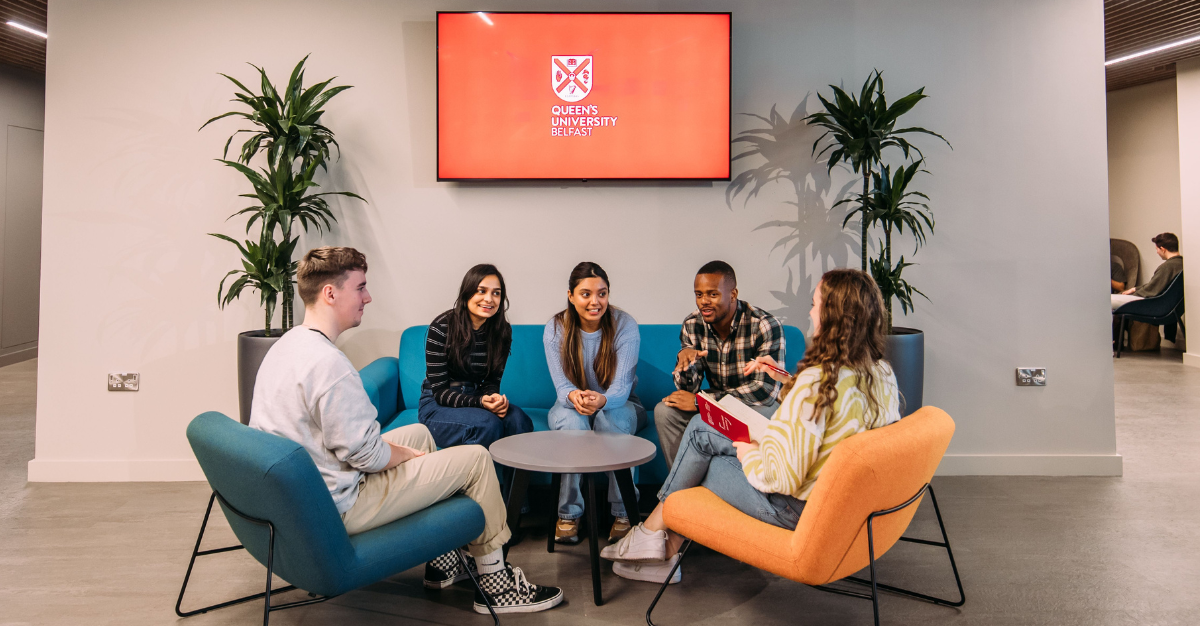As a student, you are on a journey to build a foundation for your future career. However, being future-ready is more than just getting good grades or completing a degree. It requires a set of skills and competencies that will prepare you to thrive in the workplace and make a positive impact in the world. Here are some tips to help you become future-ready while at Queen’s University Belfast.
Be curious
Curiosity is a key driver of learning and growth. It helps you to explore new possibilities, discover innovative solutions, and enhance your creativity. To nurture your curiosity, be open to new experiences and perspectives. Take advantage of opportunities to study abroad, attend workshops and conferences, or engage in extracurricular activities. Stay curious about the world around you, and never stop learning.
Be kind
Empathy is a fundamental human trait that is essential for building relationships, fostering collaboration, and creating positive change. To develop your empathy skills, practice active listening, express appreciation and gratitude, and show compassion towards others. Build a supportive network of peers, mentors, and advisors who can help you navigate the challenges of university life and beyond.
Develop resilience
Resilience is the ability to bounce back from setbacks, adapt to change, and overcome adversity. It is a critical skill for success in the workplace, where you will face numerous challenges and obstacles. To develop resilience, practice self-care, seek support from others, and learn from your failures. Challenge yourself to take on new tasks and responsibilities, and use them as opportunities for growth and learning.
Foster your creativity
Creativity is the ability to generate new and innovative ideas that can solve problems, inspire change, and create value. To foster your creativity, engage in activities that inspire you and allow you to express your unique talents and perspectives. Join clubs and societies that align with your interests and passions, and collaborate with others to develop new projects and initiatives.
Learn to work in teams
Teamwork is a fundamental skill that is essential for success in the workplace. To develop your teamwork skills, seek out opportunities to collaborate with others on projects, volunteer in your community, or participate in extracurricular activities. Learn to communicate effectively, listen actively, and contribute to a shared goal. Take on leadership roles where you can guide and support others towards a common objective.
Inspire action
Action is the ability to take initiative, make decisions, and achieve your goals. To inspire action, identify your passions, strengths, and values, and pursue them with purpose and determination. Take calculated risks, learn from your mistakes, and seek out opportunities to make a positive impact in your community and beyond. Be a role model for others by demonstrating integrity, honesty, and ethical behaviour.
Summary
In conclusion, being future-ready is a journey that requires continuous learning, growth, and development. By adopting these tips and strategies, you can prepare yourself to succeed in the workplace and make a meaningful contribution to society. Remember, your time at Queen’s University Belfast is an opportunity to build a strong foundation for your future, so make the most of it!
Read more: Go.qub.ac.uk/futurereadygraduates
